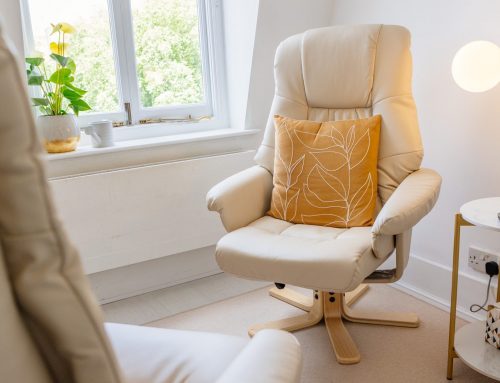In an increasingly interconnected world, relationships—whether romantic, professional, or familial—often bring together individuals from diverse cultural backgrounds. While this diversity enriches our experiences, it can also introduce misunderstandings and tensions. Cultural clashes are common, but with awareness, mutual respect, and thoughtful exploration, they can become opportunities for deeper connection rather than division.
Understanding Cultural Clashes in Relationships
Cultural differences manifest in various ways. In romantic relationships, partners might struggle with expectations around family involvement, communication styles, or traditions regarding marriage and gender roles. In workplaces, colleagues from different backgrounds may have conflicting approaches to leadership, teamwork, or even humor. Friendships can be tested when differing societal norms shape attitudes toward personal space, obligations, or emotional expression.
At the heart of these clashes is a simple truth: our upbringing and cultural environment shape our worldviews. What one person perceives as respectful, another may see as cold or distant. What one considers polite, another may find overly formal or insincere. These tensions are rarely about right or wrong—they are about perspective.
Moving Toward Appreciation and Respect
The key to overcoming cultural clashes lies in appreciation rather than mere tolerance. It’s not enough to “put up with” differences; true respect comes from understanding and valuing the richness that each culture brings. Some steps that can help navigate cultural differences include:
-
Cultivating Curiosity: Instead of assuming that someone’s approach is incorrect, ask questions. Learn about their background, traditions, and why they do things the way they do.
-
Practicing Open Communication: Many cultural conflicts arise from misunderstandings rather than malice. Honest conversations about expectations and perspectives help clear the air and reduce resentment.
-
Finding Common Ground: Despite differences, there are often shared values—family, love, success, kindness—that can serve as bridges between cultures.
-
Challenging Personal Biases: Recognising our own unconscious biases allows us to engage more openly and challenge assumptions that might be limiting our relationships.
The Role of Therapy in Navigating Cultural Differences
Cultural clashes often carry emotional weight, particularly when identity and deeply held beliefs are involved. Therapy provides a structured space for individuals or partners to address these tensions with clarity and compassion.
-
Unpacking Root Causes: Therapy helps individuals recognise how their cultural backgrounds shape their expectations and reactions.
-
Enhancing Communication Skills: Counsellors offer guidance on understanding differences in body language, tone, and emotional expression.
-
Fostering Empathy: Stepping into another’s perspective encourages mutual appreciation and deeper connection.
-
Healing Emotional Wounds: When misunderstandings lead to hurt or resentment, therapy supports constructive resolution and repair.
In couples or family therapy, professionals can help navigate tensions stemming from cultural expectations, intergenerational differences, or clashes in values. In workplace settings, coaching and counselling can address diversity challenges and foster more inclusive interactions.
Embracing Growth Through Cultural Exchange
Rather than seeing cultural differences as points of conflict, they can serve as catalysts for learning, self-awareness, and more enriching relationships. With intentional dialogue, mutual respect, and therapeutic guidance, individuals can transform cultural clashes into opportunities for deeper understanding and connection.
HARVEST THERAPY
44 Russell Square,
London WC1B 4JP
United Kingdom
Phone Number:
020 8962 6247
email: info@harvest-therapy.co.uk
HARVEST SOCIAL MEDIA:











